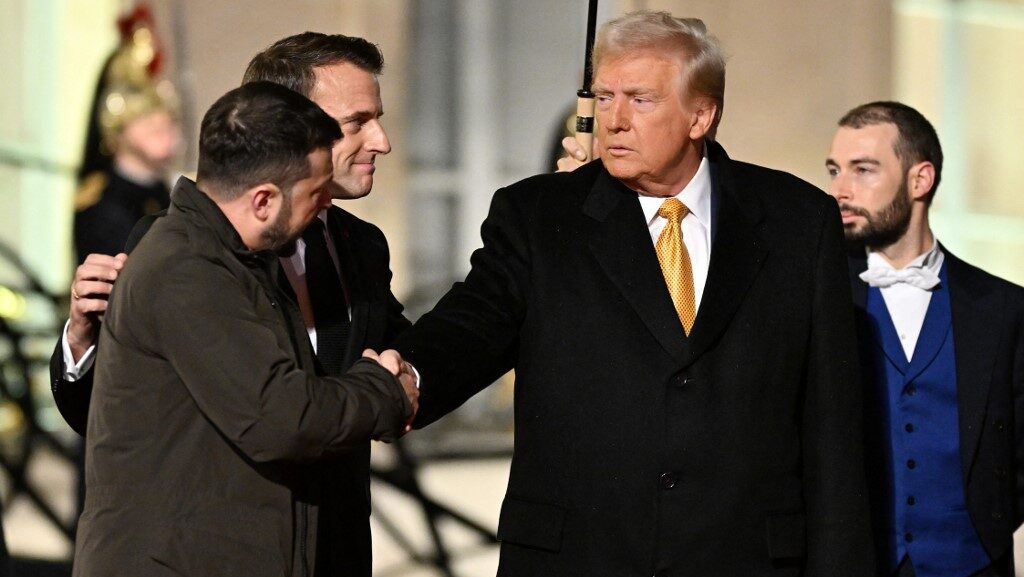The below keynote address by former Constitutional Court Justice Prof Dr István Stumpf was delivered on the second day of the international conference titled The Rule of Law as Lawfare organized by the Danube Institute, The Center for Fundamental Rights, and The European Conservative in Budapest on 27–28 May 2024.
***
The rule of law is a fundamental concept of governance and statecraft, and a universally recognized norm among democracies. It is also an essentially contested concept; there are constant debates about what it does entail or what it should entail. Today, the only agreement among legal scholars about the rule of law is that there is a disagreement about what it actually means.
Francis Fukuyama argued that the three most important elements of political development in the history of mankind were the state, the rule of law, and accountability. According to him, the principle of the rule of law has its origins in organized religion, which was able to create a set of rules independent from the state in its legitimacy. For contemporary political science and constitutional law,
questions about the state, the rule of law, and accountability and their relationships with each other are still among the most interesting topics.
In the last decade discussions about the rule of law have become part of the political agenda on both sides of the Atlantic. Both sides of the political spectrum make accusations regularly against one another for a lack of respect for the rule of law. Let’s see a few examples. In the US context, election integrity has been one of the most contentious topics of the last few years. Election integrity is seen by many as an important product of the rule of law. Voter ID laws and regulations, the legal status of mail-in ballots, ballot harvesting are all considered to be important rule of law issues. We all saw what happened with mail-in ballots in 2020, and sadly, there is no guarantee of that not happening again this year. The rule of law is especially important in election integrity since elections are the cornerstone of democracy.
In Europe, discussions about the rule of law revolved around judicial independence, civil society, and media freedom, particularly in Hungary and Poland. Coincidentally, these two countries also happened to have elected conservative governments with a vision for Europe that is drastically different from that of the Brussels’ mainstream.
We are far away from what could be considered reasonable, and even further away from what would be ideal. To arrive at a meaningful solution, first, we need to understand the problem in its entirety, and the long road we have come to get here. To conceptualize how an ideal concept of the rule of law should look like, we need to specify the issues of our current situation.

Globalist elites worldwide, and Eurocrats in particular, all have one thing in common: an aversion to national sovereignty and to national identity. Today, we are living in an age that is similar to what Ronald Inglehart described in the late 1970’s in his monumental work, The Silent Revolution. Societies worldwide are experiencing similar deep, structural changes with a significant cultural shift resulting from this phenomenon. In the last decade, we have seen conservative forces gaining grounds by appealing to national sovereigntist notions. The Brexit referendum was framed by the UK Conservatives as ‘taking back control’. Donald Trump was elected to the US presidency by using the slogan ‘Make America Great Again’. National identity has become the focus point of political battles worldwide.
Europe is struggling for an identity. In recent decades, Europe has lost its role as an exemplary model and innovator. The overgrowth of EU bureaucracy, alongside the sidelining of national interests, has created a background power system that lacks democratic legitimacy. This system is almost exclusively interested in establishing a federal structure above the member states.
What we are really experiencing today is in fact not a crisis of constitutionality, but a crisis of identity.
Debates about the rule of law are, in fact, debates about different value systems. This is a war that is being fought on the grounds of sovereign nation states versus supranational conceptions of statehood, sovereignty, and democracy. The weaponization of the rule of law is an important instrument in the globalists’ crusade against nation states.
The lack of consensus on the definition and the substance of the rule of law makes it the perfect weapon for its ill-intentioned wielders. The rule of law means whatever liberal values they want to promote, and a disagreement in said values invites an attack. Accusing EU member states of a ‘rule of law deficit’ is a way to mask disagreements of values in a legalistic manner. It discredits the opponent on the basis of a lack of respect to fundamental norms of governance.
The most important aspect of this phenomenon is the politically neutral appearance of the rule of law debates. By maintaining the façade of a legal argument, there is no way to showcase different values and ideas, a vision for Europe, alternative to the Brussels’ mainstream. The principle of the rule of law thus became a partisan tool to whip into line those who think differently about the future of the European community.
The concept of the rule of law is the result of the evolution of European legal and political thought. It is a fundamental concept of governance, one that we should cherish and embrace as part of modern democracy.
Debates about the rule of law cannot be separated from the debates about national identity and national sovereignty, thus an ideal concept of the rule of law should be approached from a sovereigntist perspective. The concept of the rule of law needs to return to its original meaning, stripping it from all the recently added context and secondary meanings to the term.
The misuse and abuse of the term needs to stop.
It is not the idea that is wrong, it is the deceitful charade put on by globalists to further weaken sovereign nation states.
From a sovereigntist standpoint, we need a rule of law conception that doesn’t concede any authority over domestic affairs to supranational organizations and international bureaucracies.
Eurocrats instrumentalize courts to promote their federalist agenda through seemingly neutral rulings about the rule of law. A sovereigntist approach to the rule of law should also include the protection of national courts’ authority. We need a rule of law conception that protects national constitutional identity.
The globalists’ agenda involves the weakening of state institutions, to undermine nation’s abilities for self-determination. The weaker our national political institutions are, the more dependent we become on supranational organizations and global structures. We need to safeguard our national political institutions from any efforts aimed at undermining them.
Read more on the conception of the rule of law:







